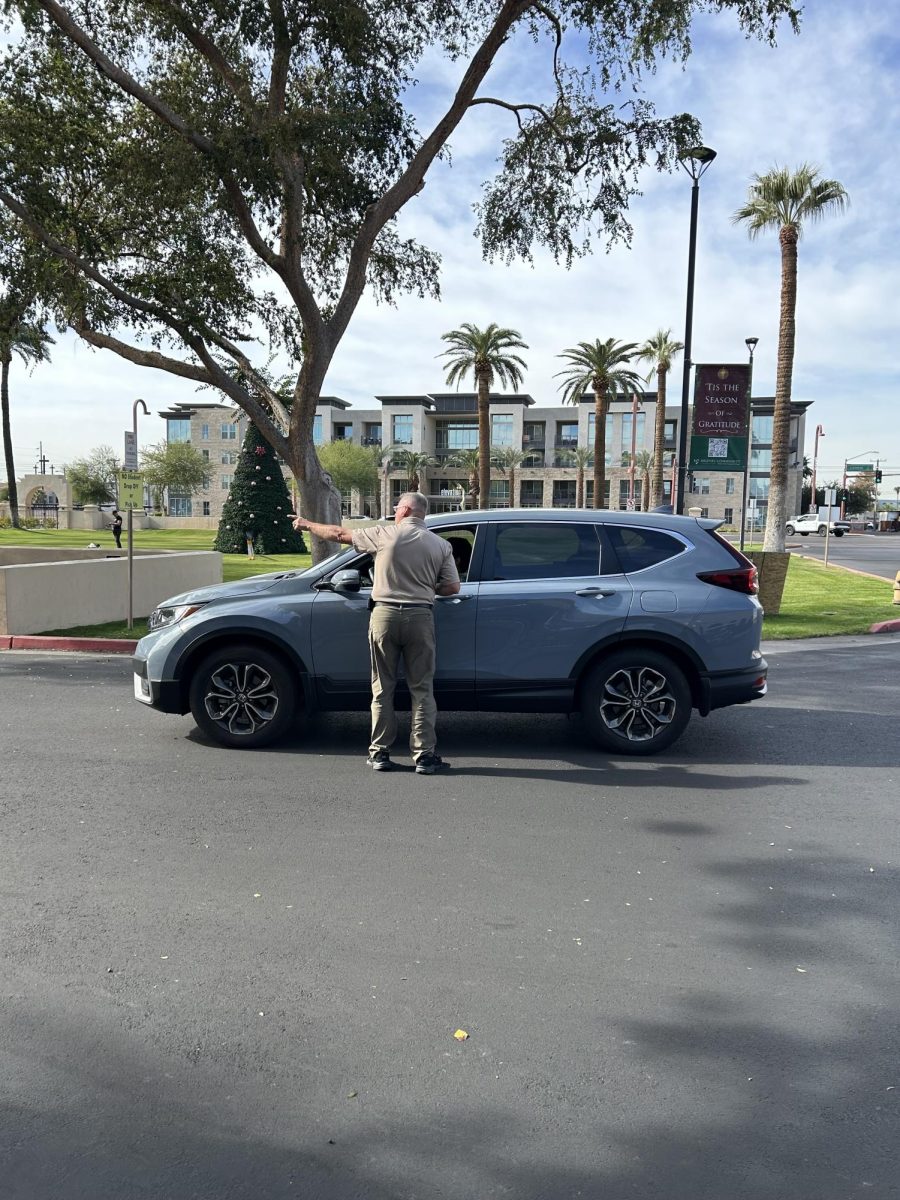By Austin Norville ’15
THE ROUNDUP
Video games such as “Grand Theft Auto” and “Call of Duty” have been blamed for inciting violence in today’s youth and there is a clear line in the varying opinions.
It has become a sensitive issue that began with the school shootings at Columbine High.
“I think that video games with their complex plots help kids problem solve,” said Mr. Scott Heideman. “I think it allows them to think through things … it allows them to take chances without the risk of consequences being disastrous.”
Mr. Heideman said he does play video games.
“It could be a lot of factors from physiological to environmental … I think it could go with a lack of parental influence in their life more than the video game influence,” Mr. Heideman said about a connection between gaming and violence.
Andrew Wuensche ’15, a video game player, does not believe video games correlate with violence in youth.
“My opinion would be that it does not have any correlation.” Wuensche said. “I don’t think that violent video games make people violent because I know from playing some violent video games that it doesn’t make me want to go out and reenact the game.”
Wuensche however does see some problems with violent video games.
“I do see the bad side to violent video games because it could desensitize people to certain things,” Wuensche said.
According to Wuensche, a troubled past and home situation could be to blame for teens who decide to act violently.
Brophy Counselor Ms. Karen Parise, a non-video game player, said games can leave a mark on teens.
“It depends on the game first of all,” Ms. Parise said. “I think that some of the games out there are truly violent and I can’t imagine that’s not imprinting in your brains.”
According to Ms. Parise, the effect of violent video games seems to be a hardening of the heart.
“Just people not being as aware of how their actions might affect someone,” Ms. Parise said. “I think it does plant a seed of just people not being as sensitive to other people’s feelings.”
Ms. Parise said she does not believe there is a common issue in teens who perform violent acts.
“I think that we’re all as unique as our finger prints and I think that it absolutely will affect people differently based on their backgrounds,” Ms. Parise said. “We learn best by modeling, so if a student is witnessing violence and maybe abusive behavior at home … and imprinting that, he may be adding another layer of modeling into his brain and become more violent.”








